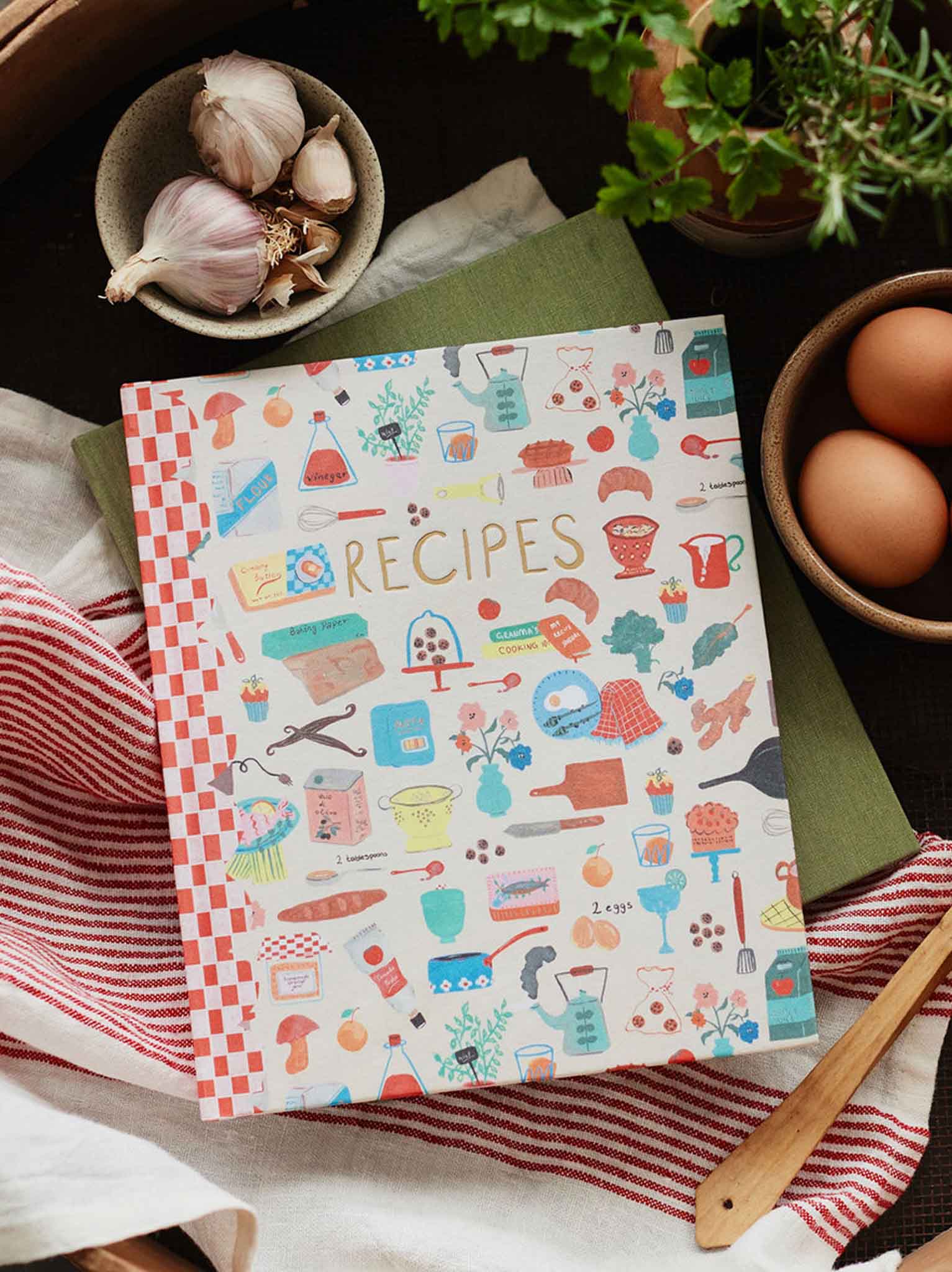
We are busy. We are stressed. We are anxious. We are happy. We are sad. We are excited. We are navigating relationships, friendships. We are working on budgets and life plans. We are juggling work and family. We are chasing our dreams and goals. We are working on our health. We can be traumatised by many different things in our lives. And we’ve just lived through a pandemic. As a society, we are feeling all the emotions right now – are we not?
There are many things we can do to be kind to ourselves. And a little self-care definitely goes a long way. Keeping a journal is an inexpensive outlet that has profound effects on our mental health. In fact, there are so many research studies conducted by mental health professionals that show how keeping a journal aids our physical and mental health.
The benefits of journaling have been documented in the New York Times by University of Texas social psychologist James W. Pennebaker, who found that keeping a journal increases mindfulness, leading to better sleep, reduced stress, strengthened memory, improved communication skills, a stronger immune system, more self-confidence, and even a higher IQ.
All these positives! I’d like to have one of those please! Even if I just knocked over better sleep and reduced stress, I would be on my way. That raises the question...
How Does Writing Help Mental Health?
Putting pen to paper has such a profound effect. In fact, psychotherapist and journaling expert Maud Purcell explains that the act of writing accesses the left brain, which is analytical and rational. While our left brain is occupied with writing, our right brain is free to create and intuit. The result? Writing removes mental blocks and allows us to use both parts of our brain, leading to deeper self-exploration.
So when we take the time to truly explore our emotions, we can work through the clutter and make sense of our experiences. This is what then has positive mental and physical effects on our bodies.
So, if unpacking your day can have such a positive effect on your wellbeing, where do you start?
How to Start Journaling
I know it can feel daunting if you haven’t picked up a pen in a long time. You find yourself looking at your handwriting thinking it used to be so much neater! However, you’ll find it’ll all come back quickly. Let go of expectations about your page looking perfect, and don’t worry about making mistakes. The best thing about creating this space is that it is totally private and confidential. A place where you can write your heart out. No one can judge you. You don’t have to worry about hurting feelings, or worry about reactions you will receive. Getting down deep is the key to unlocking all the positive outcomes of putting pen to paper. These are my tips on starting and keeping a journal.Choose Your Tools
Stationery lovers will find pure joy in simply getting their journals and pens ready to go! I love choosing a journal that looks nice on my bedside table and that has inspired me in some way. My hot tip is also leaving the pen with your journal. That way you don’t have to go hunting for a pen when you want to write. View our range of journals here.
Choose Your Time
Create a routine around journaling which will allow you to carve out time to make it happen. Once it becomes a routine, it will just happen as part of your habitual daily practice. To begin, schedule time in your planner or set a daily alarm on your phone to remind you. Research suggests that taking 15-20 minutes of uninterrupted time is key to getting your words to flow. Would you like to reflect in the morning, or maybe around bedtime? I find that just before bed also serves as a bit of a daily download – but the time you make is personal preference.
Choose Your Place
Where do you want to sit to journal? Find a place that is quiet, private and stress free. Is it in bed, on the couch, in the bath, in the garden? If you can, go to that place every day to journal. I find this ritual helps me to get into the download mindset and cements the routine. I also like to make a calming cup of tea and maybe treat myself to a piece of chocolate too. Self-care all the way!
Still Stuck on How to Start Writing?
I found this great piece of advice from the Centre For Journal Therapy that is a great place to start if you are stuck on how to start writing. They also include some great topic suggestions to prompt those creative ideas flowing. For example:
Using The Acronym WRITE.
W – What do you want to write about?
What’s going on? How do you feel? What are you thinking about? What do you want? Name it.
R – Review or reflect on it.
Close your eyes. Take three deep breaths. Focus. You can start with “I feel…” or “I want…” or “I think…” or “Today….” or “Right now…” or “In this moment…”
I – Investigate your thoughts and feelings.
Start writing and keep writing. Follow the pen/keyboard. If you get stuck or run out of juice, close your eyes and recenter yourself. Re-read what you’ve already written and continue writing.
T – Time yourself. Write for 5-15 minutes.
Write the start time and the projected end time at the top of the page. If you have an alarm/timer on your PDA or cell phone, set it.
E – Exit smart by re-reading what you’ve written and reflecting.
Reflect in a sentence or two: “As I read this, I notice—” or “I’m aware of—” or “I feel—”. Note any action steps to take.
In summary:
What topic?
Review/reflect
Investigate
Time yourself
Exit smart
Expressive writing is not the only way you can keep a journal. There are also many ways of putting pen to paper to help mental health on the daily.
Bullet Journal
Use a bullet journal as a place to keep lists, track projects and tick things off. They can be used across work, home and study as a running daily checklist.
Gratitude Journal
Writing down things that you are grateful for everyday can have you focus on the positives in your life rather than dwell on the negatives. It is also good to reflect on the good that happens every day. Whether it be someone holding a door open for you when you had your hands full to your neighbour bringing in your bin. The act of keeping a gratitude journal makes us feel positive emotions, brings focus on the small things so we don’t take so much for granted and generally makes us feel optimistic about life.
Idea Journal
Use this journal as a place to brain dump. Whether it be about work, a hobby, a project you are working on or emotions you want to work through. Dot point, mind map, draw, scribble your way to clarity on your ideas.
Change Journal
Use a change journal to keep track of progress of something you want to change in your life. Keep track of what you have learnt, changes you are making towards key goals, accomplishments and activities that help along the way. Reflect on how far you have come.
Self-Reflection Journal
How do you want to grow? Are there ways you want to live more intentionally? Are there things about you or your life that you want to work on? Putting pen to paper can help identify these topics and map out your journey to achieve change.
Creativity Journal
Tap into your creativity. Are there projects that you want to work on? Is there something you want to learn? What do you need to be inspired? Keep this journal to also list the activities you would like to do that fuel your soul.
I hope we have inspired you to keep a journal. So make that cuppa, put pen to paper, write your heart out and escape with a journal. Make it part of your daily life, a self-care ritual that can have so many benefits. You won’t be disappointed with the outcome.










